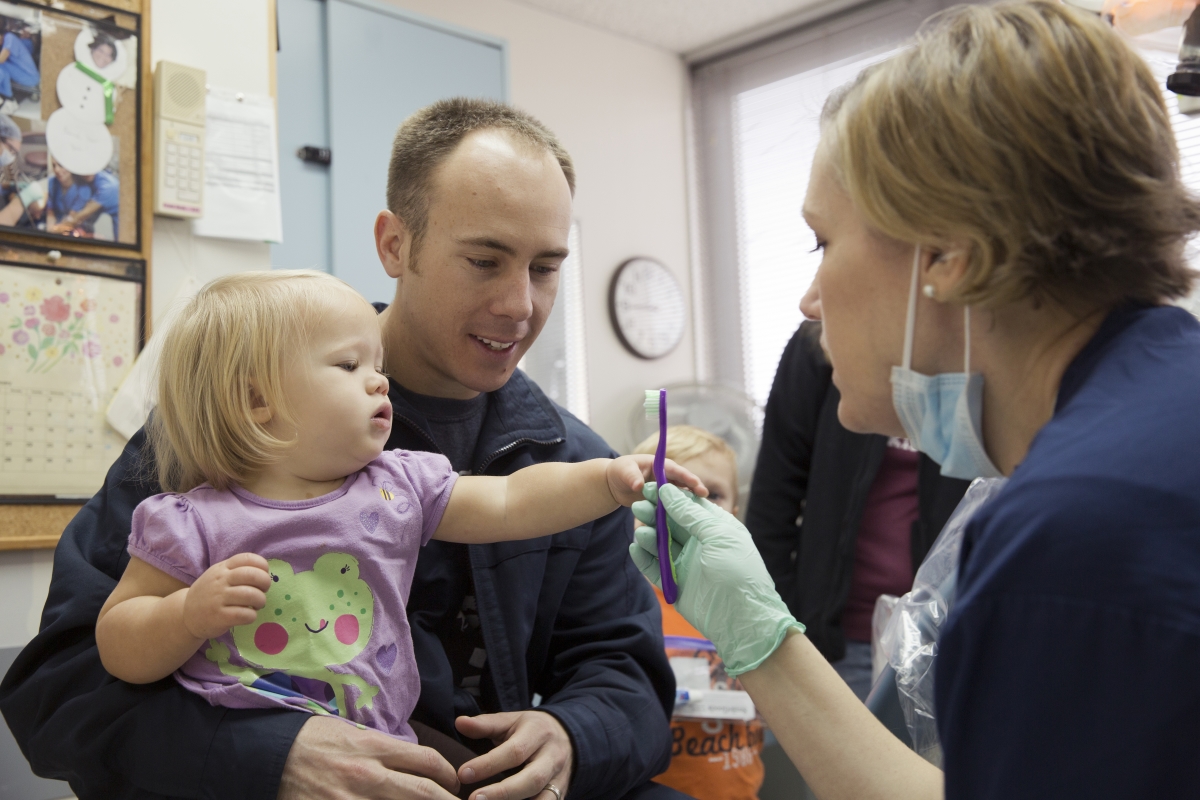What Do Family Dentists Do
A family dentist provides various dental care services for all ages, including diagnosing dental problems and providing preventative care. They can also perform more involved procedures such as root canals or tooth replacements. In addition, they can also help with gum disease. If you suffer from gum disease, your dentist can also perform some cosmetic procedures to improve the condition of your gums.
Family Dentists Treat All Ages
Family dentists provide routine dental care for patients of all ages, from infancy to adulthood. They can keep a record of the needs of each patient, which means less time spent at the dentist. Additionally, family dentists can help children develop a habit of visiting the dentist for routine checkups. A family dentist Newport News, VA will also help the family maintain good oral hygiene habits into adulthood. General dentists are the most common type, making up more than 80 percent of the dental workforce.

A family dentist offers services that general dentists do not, including restorative and cosmetic. These dentists will focus on keeping your smile looking and feeling great. While general dentists are great for young adults and seniors, many prefer a friendly, family-style practice. A family dentist is also more likely to offer a one-stop shop for all of your dental needs. Moreover, they can help you navigate insurance forms.
Diagnose Dental Problems
Family dentists treat many different dental issues and are the first line of defense in preventing oral health problems. Family dentists take X-rays and complete examinations to diagnose dental problems and determine treatment plans. Family dentists can also identify the root cause of tooth decay and apply fluoride and sealants to protect the teeth.
Tooth cavities, or tooth decay, occur when a sticky film of bacteria forms on the teeth. When the bacteria feed on sugar, they produce acids that erode the enamel of teeth. This acid erosion breaks down the hard outer covering of teeth, creating the perfect environment for plaque to grow. A dentist can diagnose tooth decay by checking X-rays, checking the teeth for soft spots, and asking about any pain you’ve felt. Once the dentist has determined that a cavity has formed, the dentist will begin treatment with fillings or other techniques to treat the condition.
Provide Preventative Care
A family dentist is a vital part of your oral care team. They understand your dental history and can advise you on the best ways to prevent dental problems. They can also keep track of symptoms to give you better care. In addition, they can help you maintain a healthy smile. By scheduling regular checkups and regular cleanings, your dentist will be able to keep your teeth healthy.
Depending on your insurance plan, preventative care can be covered at 100% of the cost. It includes regular cleanings, exams, and routine X-rays. Unfortunately, many plans also limit preventive dental services, so you may have to pay out-of-pocket for some of them. Nevertheless, preventive care services can help you keep your teeth and gums healthy and save you money in the long run.
Provide Treatment for Gum Disease
Gum disease is an affliction that affects nearly half of adults, but it can be prevented or reversed with proper oral hygiene. The early stages of gum disease, known as gingivitis, can be easily remedied by brushing and flossing more frequently. As the disease progresses, however, it can lead to pockets, tooth loss, and pus oozing from the gums. A family dentist can treat gum disease and help you regain oral health.
Treatment for gum disease includes nonsurgical procedures that can improve your smile and prevent further damage. Your dentist will examine your teeth and take a history of your medical conditions. Then, they may recommend a referral to a periodontist, a specialist in gum disease treatment. The primary goal of gum disease treatment is to control the infection. In addition, the dentist may suggest certain oral hygiene procedures, such as flossing and brushing, to improve your gum health.
Help Patients Develop Good Oral Hygiene Habits
Good oral hygiene habits are important for the health of your teeth and gums. It would help if you brushed your teeth at least twice daily, after breakfast and before bed. Brushing your teeth properly can prevent gum inflammation and bacteria buildup. It would help if you also used an antibacterial mouthwash to eliminate bacteria and freshen your breath. But it would help if you did not use mouthwash to replace regular brushing.
Your family dentist is a good source of advice on good oral hygiene habits. They can give you tips on daily brushing and flossing and teach you the proper techniques. These are important if you want pearly white teeth and a beautiful smile.












